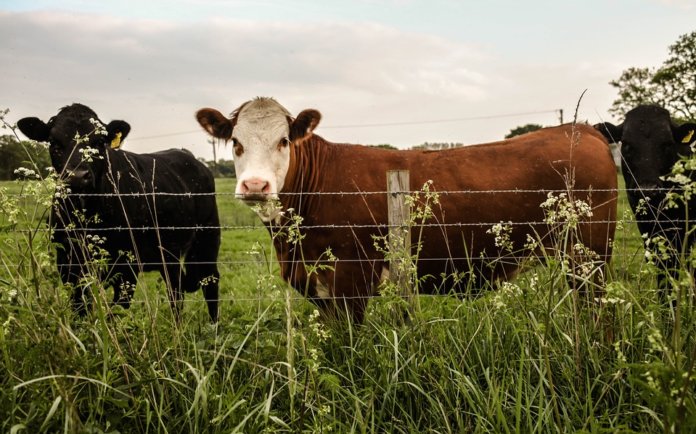A new report authored by Washington, D.C.-based Bates White Economic Consulting forecasts that demand for renewable natural gas (RNG, or biomethane) fuel in the U.S. transportation sector will continue growing rapidly over the next five years – and that RNG industry production will keep pace.
The Coalition for Renewable Natural Gas (RNG Coalition) presented the report, entitled “Renewable Natural Gas Supply and Demand for Transportation,” to the U.S. Environmental Protection Agency and the White House’s Office of Management and Budget at a meeting earlier this month.
The Bates White study examined current market conditions and a series of supply-and-demand projections for RNG as a transportation fuel in the U.S. The report predicts that RNG will continue its significant growth trajectory as a cellulosic biofuel under the Renewable Fuel Standard (RFS), which saw RNG’s use in transportation grow to more than 300 million ethanol gallon equivalents (EGE) last year.
“Renewable natural gas production more than doubled from 2015 through 2018 under the Renewable Fuel Standard, growing by an annual average of 30 percent,” says Johannes Escudero, CEO of the RNG Coalition. “Keeping up this recent rate of growth, the RNG industry would reach 1 billion gallons of annual production of RNG transportation fuel in 2022.”
More than 120 representatives from 80 companies across the RNG industry gathered recently in Washington, D.C., as part of the 2019 RNG SUMMIT, which included 74 meetings with federal lawmakers to share the report’s findings and to communicate the importance of continuing to develop and grow the U.S.’ domestic supply of RNG.
According to the RNG Coalition, there are currently 98 operational RNG facilities across 28 U.S. states and three Canadian provinces, including 57 new RNG facilities in the past five years. An additional 26 RNG projects are currently under construction.
“Growing domestic supply of renewable natural gas is a win-win for both urban and rural areas,” notes David Cox, director of operations for the RNG Coalition. “In addition to RNG’s clean air benefits, new RNG development means local construction jobs, ongoing operations and engineering jobs, and millions of dollars invested in communities across the country.”
The report also points out that substantial technical potential remains for increased production of RNG, including the potential for 5,000 million EGE annually from landfills and 2,200 million annual EGE of RNG from dairy and swine agriculture.
The full report can be read here.








Is Mr. Lee by chance connected to Tydy Inc. or Element Service Inc?